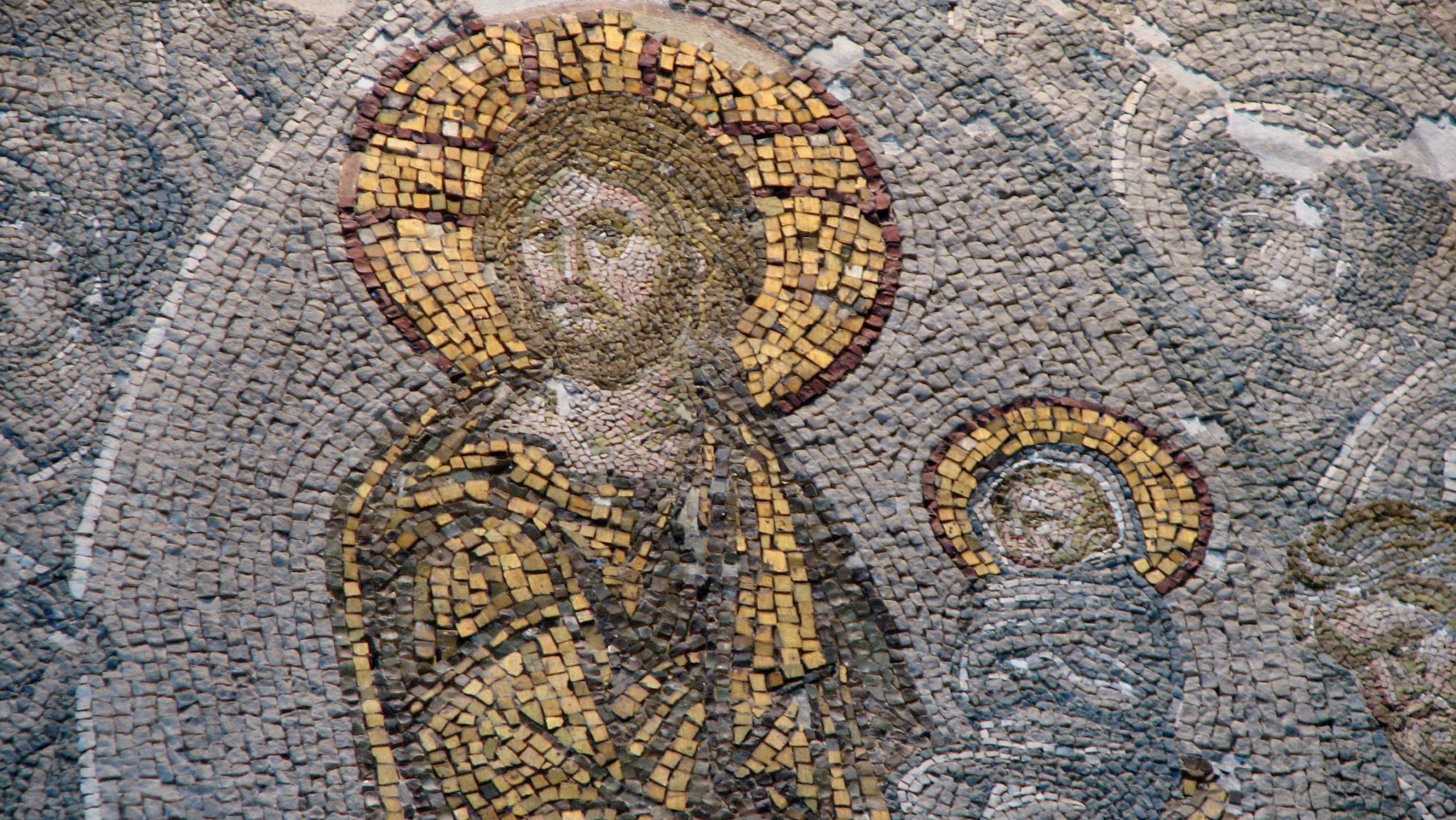A “recount” = zakar. This is to remember – to mark something so that you can recognize it. It can also mean to mention, be mindful of, or recount. Specially, it can mean to burn incense (as when one remembers God in an offering of worship.
B “gracious deeds” = chesed. From chasad (merciful; to be good, kind, show self to be merciful. Properly, this is bowing your neck as you would do as a courtesy to someone who is your equal. Hence, it meant being kind to another). This is favor, goodness, kindness, good deed, loving kindness, merciful kindness, pity, or reproach. As God towards humanity, this is loving kindness. As humanity to God, this is piety.
C “Lord” = YHVH. From havah (to be, become) or hayah (to come to pass, become, be). This is the name of the God of Israel, the self-existent and eternal one, the tetragrammaton. This pronunciation has been lost to time so “Lord” is generally used in its place.
D “done” = gamal. This word refers to how you deal with someone else, whether good or ill. It implies a response to the other person (you respond to someone as the fruits of how they have responded to you). So, this could be benefit or requite, reward or recompense. This word can imply weaning or ripening.
E “favor” = tub. From tob (to be pleasing or good, do better, cheer). This is good, good things, goodness, beauty, welfare, joy, gladness.
F “Israel” = yisrael. From sarah (to persist, persevere, contend, strive, wrestle) + el (God or a god). This means “God strives” or “one who wrestles with God.” It is another name for Jacob and for his offspring.
G “shown” = gamal. Same as “done” in v7.
H “mercy” = racham. From the same as rechem (womb); related to racham (to love, have compassion, be compassionate). This is compassion or tender love.
I “steadfast love” = chesed. Same as “gracious deeds” in v7.

